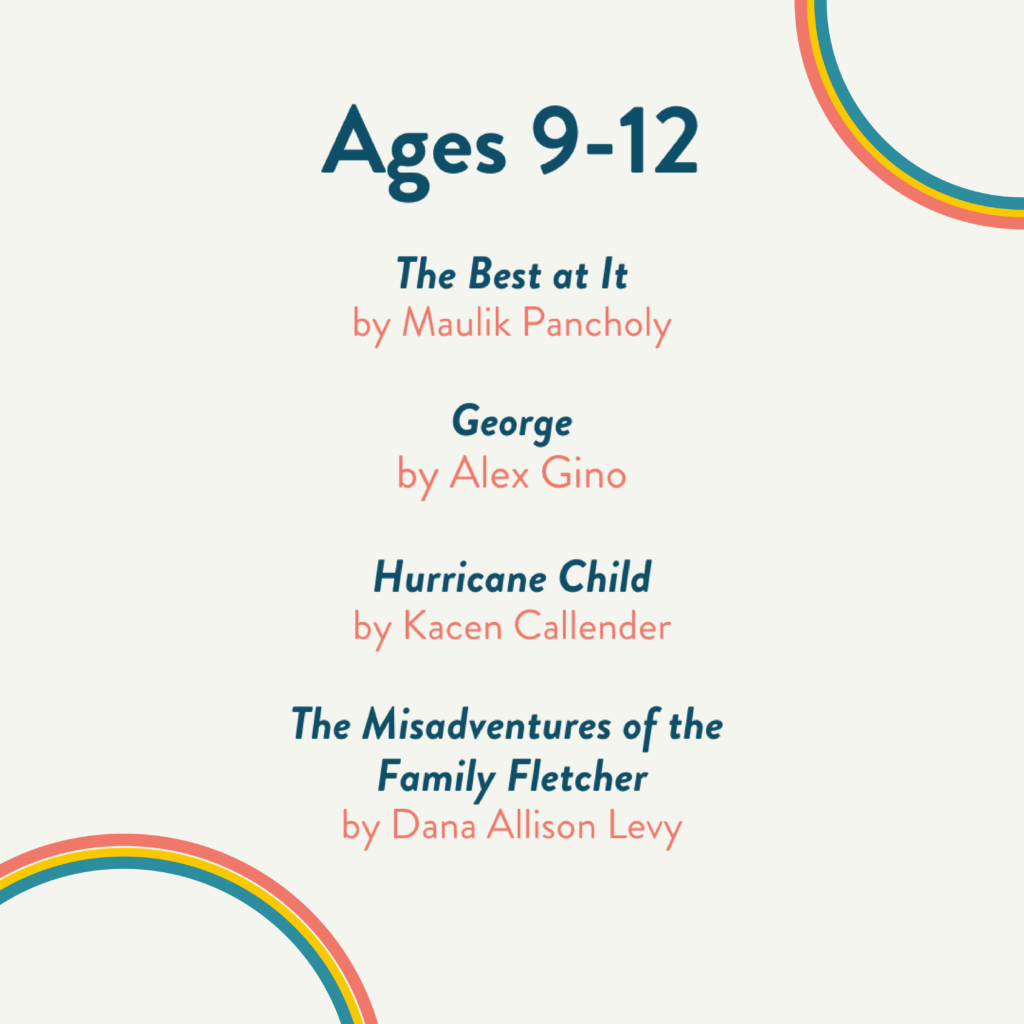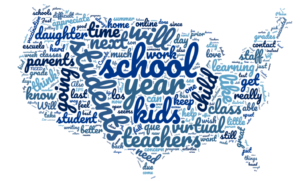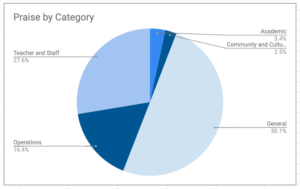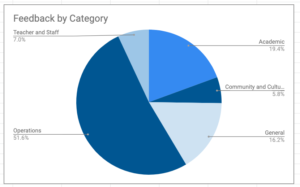Teacher Appreciation Week is in May annually, but at Possip we celebrate teachers and educators year round! Many of our reporters and full-time Possip team members have worked in education as classroom volunteers, teachers, and school administrators. They bring their education expertise into their work– making recommendations for school leaders and teams, helping our partners meet their goals, and creating blog content for school leaders and teachers.
Over the next few weeks, we are going to feature Q&As with current and former teachers on our team to show teacher appreciation!
First up for Possip Teacher Appreciation, meet Possip Reporting Team members, Alyssa, Thomas, and Lauren.

Why does parent partnership matter?
Student success at school is heavily reliant on parents and schools partnering consistently. Teachers know what’s happening while students are physically present in the school building, but parents are the secret-keepers to all the rest. They know how students are feeling, where they are feeling successful or struggling, and how they generally perceive school to be. Strong parent partnership allows schools and teachers to understand the whole student and their experience. Therefore creating meaningful school and learning experiences. (Alyssa).
As a reporter, how does your teaching experience inform your recommendations?
I am always reading feedback with my teacher’s hat on – where are the spots that the school is excelling? Where are the spots that need to grow? Specifically, I try to highlight recommendations that are actionable and specific to create quicker feedback and implementation cycles. (Alyssa).
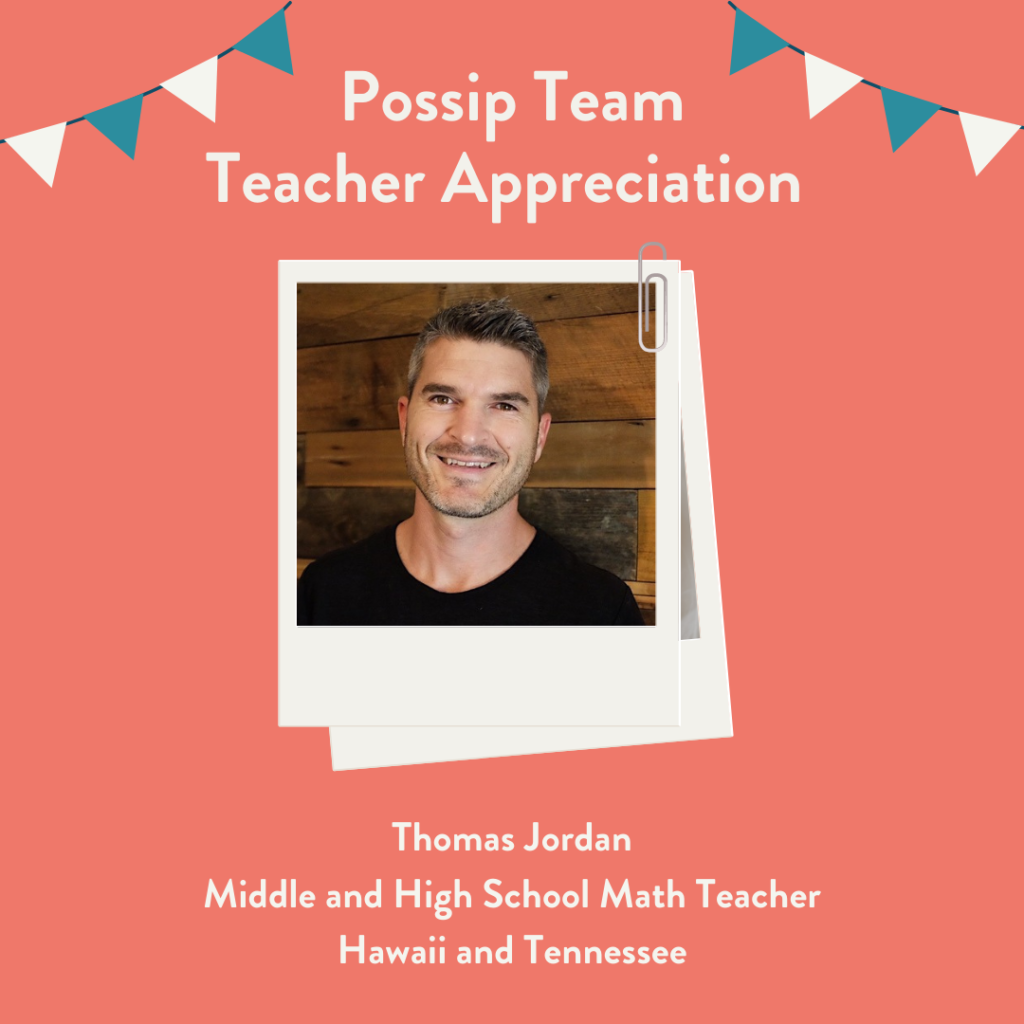
What is your hope for teachers and teaching?
My hope for teachers is a more manageable workload and better support. I think teaching today requires a small team, yet we expect one person to do it all. At the very least, I think every teacher should have an assistant/partner. Then they could split up the responsibilities like lesson-planning, parent communication, teaching the lessons, extra tutoring, grading, seating charts, and classroom organization. I think this would make for really great teaching! Something every teacher I knew desired but was rarely ever provided was having adequate time to prep, plan, and prepare for each lesson. (Thomas).
What has been a favorite recommendation you’ve left?
During the pandemic, there were a handful of comments that were just heartbreaking. And although it wasn’t rainbows and sunshine to read the comments or provide recommendations, I was happy these people had a place to share their needs. Possip was reaching out to these families and giving them a way to call out for help. Sometimes the need was beyond what a school could provide, but they could at least make contact and provide families with other resources or organizations that could help. (Thomas).
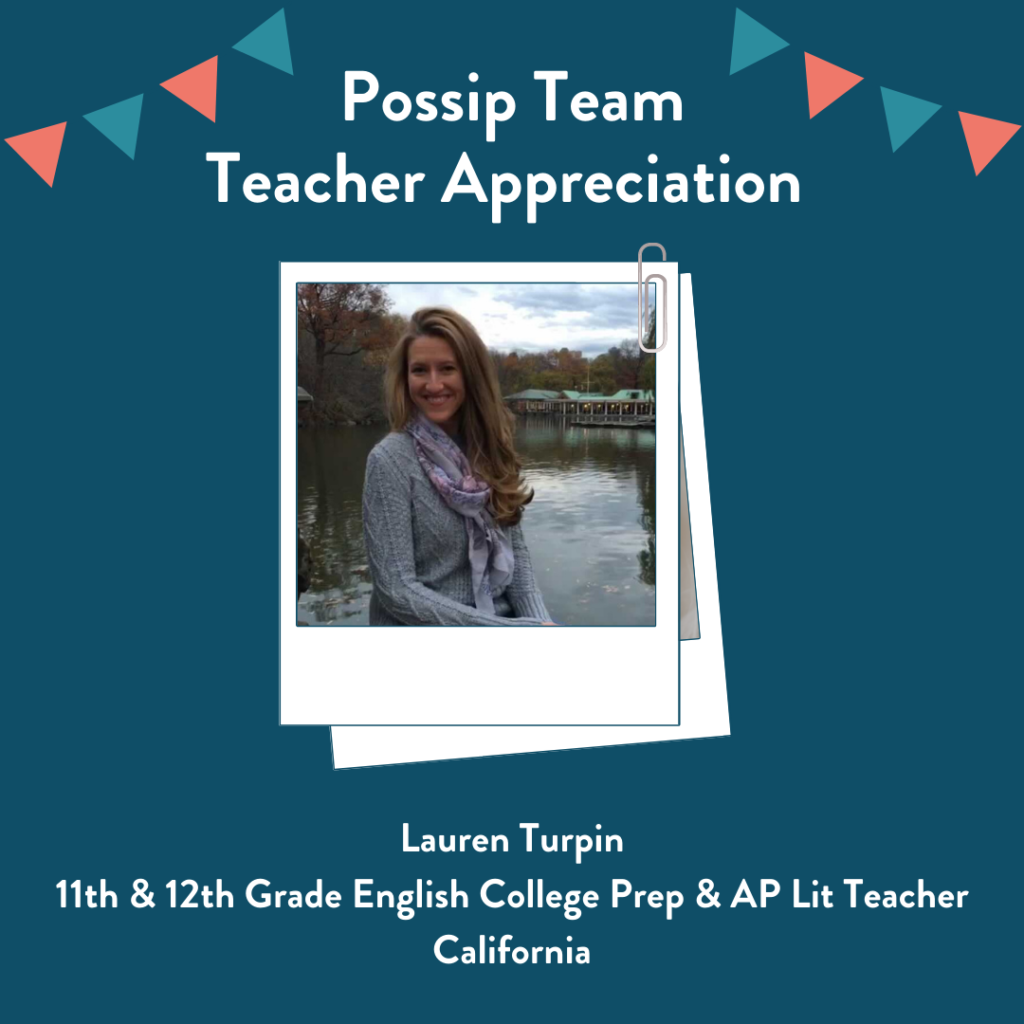
Why do you love teaching?
I love teaching because every day I have the opportunity to see students experience success, whether it’s with an academic skill, a social win, emotional control, persevering through a tough assignment, or even just showing up in class that day. I get to help them identify those successes so they can be celebrated and so students can name and repeat those victories, so they can build a feeling of success at school. This helps them want to return to my classroom, where they can continue in their journey as lifelong learners. (Lauren).
Thanks Alyssa, Thomas, and Lauren! Read more Possip Team stories here.
The post Possip Team Teacher Appreciation appeared first on Possip | Parent Engagement Platform | School Feedback App.


